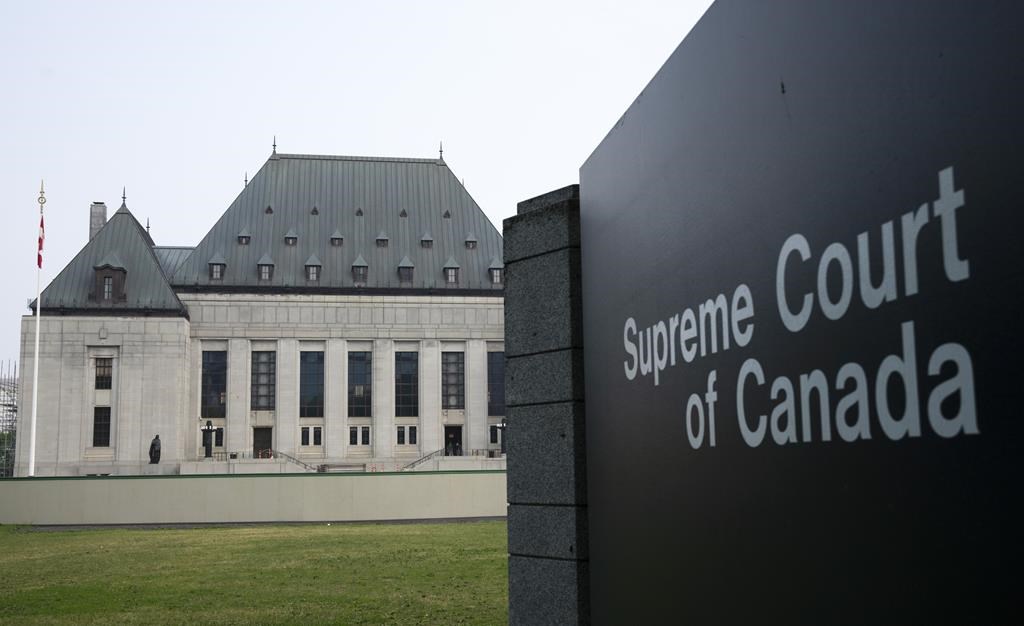Immersion can be a variety of different ways. Some schools its all French all the time. Others (like the one my cousins went to) was 50% english 50% French.
Heres some easy data to quantify how low the bilingual rate is
Learn about official languages in Canada.

www.canada.ca
Basically outside Quebec and New Brunswick the population which is bilingual is roughly 4-12%. Out of that population roughly 1/4-1/3 of those percentages speak French primarily. It would be very reasonable to assume the vast majority of those French speakers also speak English based off the rates of English speaking. So only 2/3 to 3/4 of that 4-12% (basically 3-9%) are actually primarily English speaking bilingual people
The overall bilingual language rate (when you add in Quebec and New Brunswick) is 18% or so currently. Up from about 12% in 1961.
6% over 60 years is nothing for a change rate. Especially when you consider the outside factors, parents putting kids in things like French Immersion to get a leg up, the internet being primarily English which encourages primarily French speaking people to learn English, etc.
I strongly suspect most the increase in bilingual speakers would be French-English rather than English-French. I also strongly suspect there is a relationship between having a higher household income and being bilingual in the English-French households.
So those mandatory French classes I don’t really think had much of a overall effect on the vast majority of the population. If it did the bilingual rate would be much higher.
Heres a simple anacdote to point out how terrible the average French classes are for us. I was at a table in the mess with our mostly anglophone crew and two francophones who got posted in from the VDQ for the sail. Those two francophones where shit talking everyone at the table in French. I understand enough to get what they were saying. I simply said ‘you guys realize I can understand french?’.
The point is I have the same french schooling background of all 8 other anglophones at that table, yet I was the only one who had any level of conversational skill in it. For most those 9 years are a waste. If you want to create bilingual people just doing a class once a day for a few years doesn’t cut it.
But thanks for assuming I got nothing out of my schooling, my experience has been I got a lot more out of my French classes than most.
www.canada.ca





